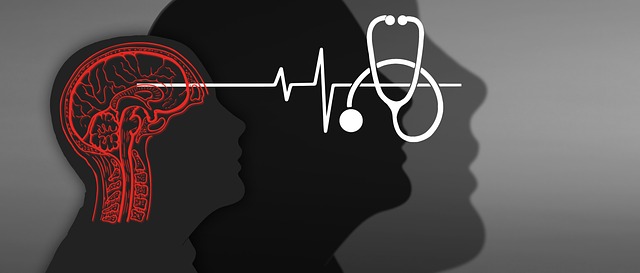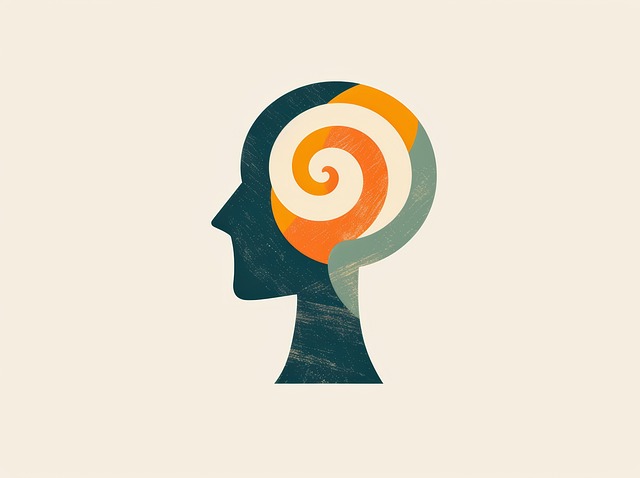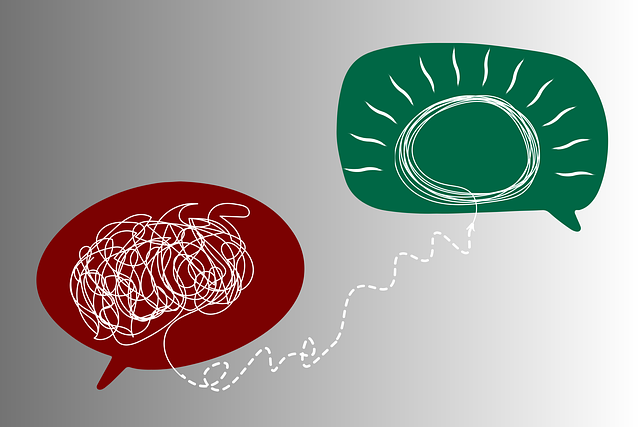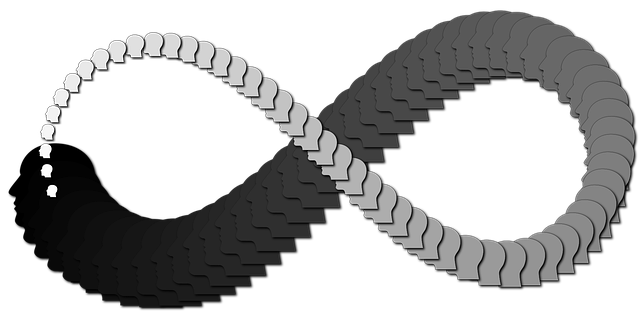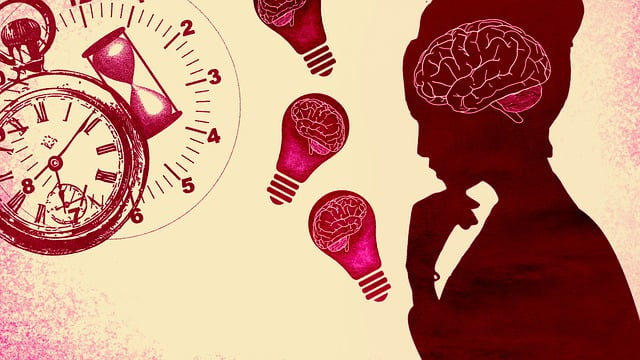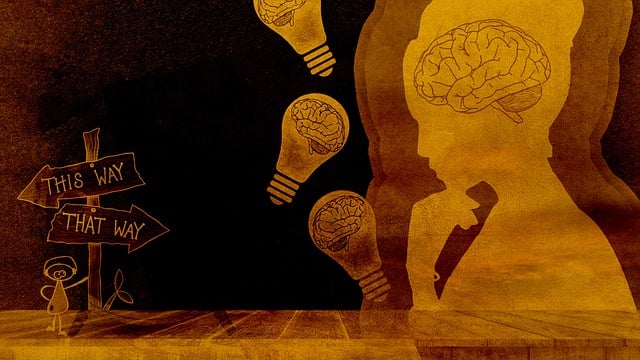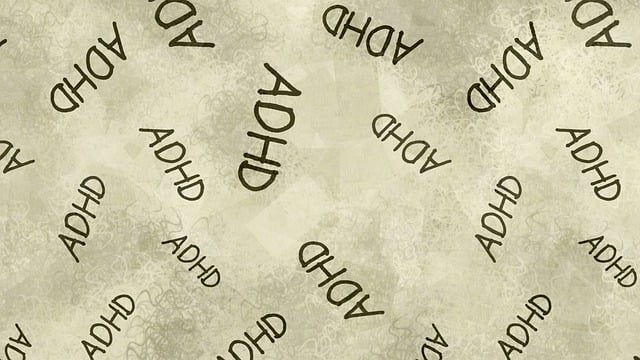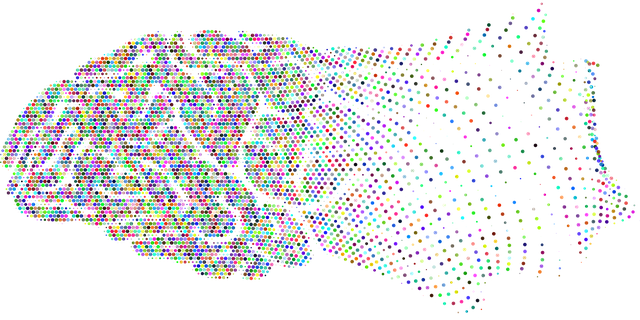Effective Boulder Oppositional Defiance Disorder (BOD) therapy through mental wellness groups relies on understanding group dynamics and building trust. Facilitators tailor coaching, manage diverse behaviors, and foster a supportive atmosphere to encourage positive thinking and emotional management. Open communication, peer support, and sharing successful coping strategies are key components, promoting emotional awareness and challenging negative thought patterns. Group dynamic strengths empower individuals to navigate mental health journeys with increased resilience. Success is measured through improved symptoms, with adaptability crucial for tailored strategies based on feedback and observations, aligning with Mind Over Matter Principles.
Mental wellness group facilitation is a powerful tool for fostering support and understanding. This article explores essential techniques for professionals navigating diverse dynamics, from building trust in bustling settings to managing challenges like Boulder Oppositional Defiance Disorder (BOD) therapy. We delve into strategies for open communication, measuring success, and adapting approaches. By understanding mental wellness group dynamics, facilitators can revolutionize care, creating a symphony of connection and growth.
- Understanding Mental Wellness Group Dynamics
- Techniques for Building Trust and Connection
- Managing Challenges: Oppositional Defiance Disorder (BOD) Strategies
- Fostering Open Communication in Group Settings
- Measuring Success and Adapting Facilitation Approaches
Understanding Mental Wellness Group Dynamics

Understanding Mental Wellness Group Dynamics is a crucial step for any facilitator aiming to create a safe and supportive environment. When facilitating groups for individuals with conditions like Oppositional Defiant Disorder (ODD), it’s essential to recognize the unique dynamics at play. ODD often presents challenges in social interactions, making group therapy a complex yet powerful approach. By fostering an atmosphere of acceptance and understanding, facilitators can encourage participants to develop positive thinking skills and enhance their mental wellness.
Mental Wellness Coaching Programs Development should be tailored to address these specific needs. Group members may exhibit varying behaviors, from active participation to withdrawal, each requiring distinct strategies. Effective facilitation involves navigating these differences, ensuring every individual feels heard while promoting mutual respect and empathy among peers. This process is transformative, helping participants overcome barriers and embark on a journey towards improved mental wellness.
Techniques for Building Trust and Connection

Building trust is a cornerstone when facilitating mental wellness groups, especially when working with individuals facing challenges like Boulder Oppositional Defiance Disorder (BOD). Starting sessions with icebreakers and personal sharing activities can help group members open up, fostering an environment of understanding and acceptance. This initial step is crucial for forming connections, as it allows each individual to be seen and heard, promoting a sense of belonging.
Encouraging honest communication and active listening plays a significant role in group therapy. Techniques such as reflecting back emotions and experiences demonstrate empathy, validating the feelings expressed. By creating a safe space where participants feel comfortable sharing their struggles and triumphs, therapists enable them to develop healthier coping mechanisms. This process not only enhances mental health awareness but also strengthens the bond among group members, providing invaluable trauma support services.
Managing Challenges: Oppositional Defiance Disorder (BOD) Strategies

Managing Challenges: Oppositional Defiance Disorder (BOD) Strategies
In facilitating mental wellness groups for individuals with Boulder Oppositional Defiance Disorder (BOD), therapists must adopt tailored approaches to address defiant behaviors and promote positive thinking. BOD is characterized by frequent anger, argumentativeness, and defiance towards authority figures, making group therapy a valuable setting for learning and growth. Through dynamic interactions, therapists can guide participants towards developing effective coping mechanisms and stress reduction methods. Mental wellness coaching programs designed for BOD individuals should emphasize building problem-solving skills, improving communication, and fostering a sense of belonging within the group environment.
By integrating strategies from various therapeutic models, facilitators can create a safe space where members feel empowered to manage their emotions and challenge negative thought patterns. Encouraging open discussions, peer support, and the sharing of successful coping strategies are key components in facilitating mental wellness for BOD individuals. Moreover, incorporating activities that promote mindfulness and self-awareness can significantly contribute to the development of healthy habits and improved overall well-being.
Fostering Open Communication in Group Settings

In mental wellness group settings, fostering open communication is paramount to creating a safe and supportive environment. Group facilitators play a crucial role in encouraging participants to share their experiences and perspectives without fear of judgment. This involves establishing ground rules that emphasize active listening, empathy, and respect for individual boundaries. By promoting an atmosphere where everyone feels heard and valued, facilitators can help break down barriers often associated with conditions like Oppositional Defiant Disorder (ODD). Open communication not only enhances mood management but also fosters a sense of belonging, which is essential for maintaining mental wellness.
Additionally, incorporating interactive activities and discussion prompts tailored to address common challenges in mental wellness can facilitate engaging conversations. These techniques, often seen in the production of a Mental Wellness Podcast Series, allow participants to learn from one another’s experiences, gain new insights, and develop coping strategies. Such inclusive practices not only strengthen the group dynamic but also empower individuals to navigate their mental health journeys with increased resilience and support systems in place, even beyond the group setting, including those dealing with ODD symptoms.
Measuring Success and Adapting Facilitation Approaches

Measuring success in mental wellness group facilitation goes beyond mere attendance or engagement. It involves tracking improvements in participants’ symptoms, such as reducing anxiety levels and alleviating burnout, which is particularly pertinent for healthcare providers. Regularly administering standardized questionnaires can provide quantitative data on these aspects, allowing facilitators to gauge the effectiveness of their approach.
Adaptability is key in group facilitation. Observing participant interactions and feedback offers insights into what techniques resonate best. For instance, strategies proven successful with one group might not work for another due to differing needs or levels of disclosure. Incorporating mindfulness exercises, cognitive-behavioral techniques, and fostering open communication—all elements that support Anxiety Relief and Burnout Prevention Strategies for Healthcare Providers—can be tailored based on these observations. By staying flexible and responsive, facilitators can ensure their approach aligns with Mind Over Matter Principles, fostering a supportive environment where participants feel heard and empowered.
Mental wellness group facilitation is a powerful tool for fostering connection, understanding, and growth. By employing techniques that build trust, encourage open communication, and adapt to challenges like Oppositional Defiance Disorder (BOD), facilitators can create a safe and supportive environment. This approach not only enhances individual mental wellness but also equips participants with valuable coping strategies. Incorporating measurable success indicators allows facilitators to continually refine their methods, ensuring each group session remains effective and engaging. With the right techniques, mental wellness groups can be transformative, offering lasting benefits for those seeking support in a collaborative setting, such as Boulder Oppositional Defiance Disorder Therapy.
